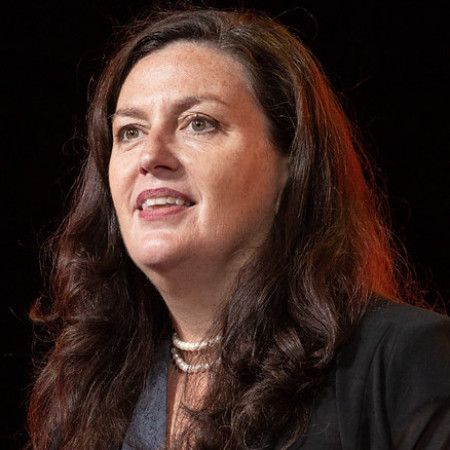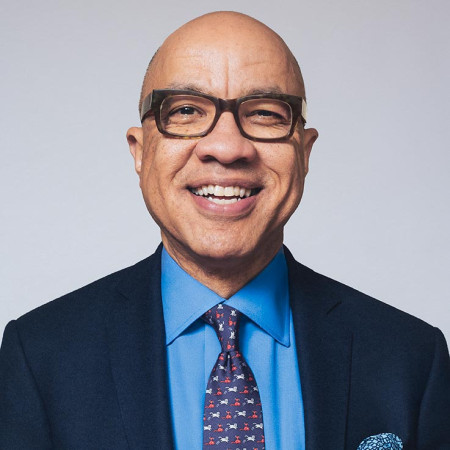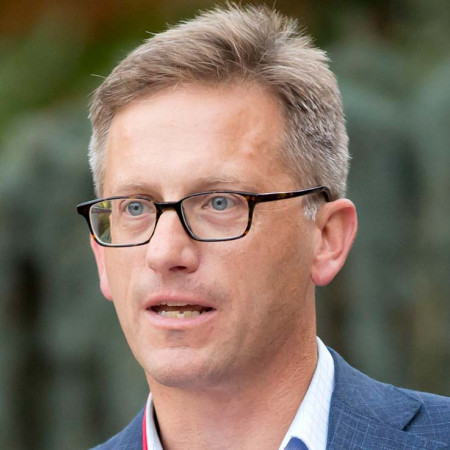-
Keystone Article
Foundations
Foundation Payout Policy in Economic Crises
There is no one right answer to the question whether to pay out more during a financial crisis, which depends on balancing the needs of present and future beneficiaries and so varies depending on a funders’ goals and objectives. This is the keystone article for the Up for Debate series on foundations' payouts during big crises. Visit the series page for responses to this essay.
-
Foundations
The Case for Foundations to Do More in Times of Crisis
Spending more today will mean having less for the future, but the current crisis is unprecedented and the financial trade-off is very modest.
-
Foundations
How Much We Give Is Important, but How We Give It Is, Too
There is disagreement over how much foundations should pay out during this crisis, but there should be no disagreement over the need for all foundations to transform the way they give to help build more effective and sustainable nonprofit organizations. This essay is a response to the keystone article in the Up for Debate series on foundations' payouts during big crises. Visit the series page for more reaction pieces like this one.
-
Foundations
Unprecedented Times Call for Foundations to Take Unprecedented Actions
During this historic disruption, foundations should not put their own survival above the survival of the civil society and nonprofits that they serve. This essay is a response to the keystone article in the Up for Debate series on foundations' payouts during big crises. Visit the series page for more reaction pieces like this one
-
Foundations
Now Is Not the Time for Foundations to Default to Minimum Payout
Foundations should step up in a time of unparalleled crisis—and strong market returns have made it easier for them to do so. This essay is a response to the keystone article in the Up for Debate series on foundations' payouts during big crises. Visit the series page for more reaction pieces like this one.
-
Foundations
Philanthropy Must Go Beyond Traditional Grantmaking
The COVID crisis has laid bare the limitations of conventional foundations and put a spotlight on alternative approaches to philanthropy and creating positive social change. This essay is a response to the keystone article in the Up for Debate series on foundations' payouts during big crises. Visit the series page for more reaction pieces like this one.
-
Foundations
Retaining Future Spending Power Is the Wrong Priority
By not spending more now, foundations are allowing social problems that have been exacerbated by COVID-19 to worsen in the future. This essay is a response to the keystone article in the Up for Debate series on foundations' payouts during big crises. Visit the series page for more reaction pieces like this one.
-
Foundations
Focus on Outcomes, Not on Dollars
The important issue isn’t the preservation of a large endowment, but how to exercise informed, imaginative, and sensitive judgement in pursuit of outcomes for the common good. This essay is a response to the keystone article in the Up for Debate series on foundations' payouts during big crises. Visit the series page for more reaction pieces like this one.
-
Foundations
Foundations Are Risk Averse When It Comes to Spending
At a time when society is confronted with so many overlapping crises living donors in particular should increase their giving. This essay is a response to the keystone article in the Up for Debate series on foundations' payouts during big crises. Visit the series page for more reaction pieces like this one.
-
Foundations
There Is No One Answer to How Much Foundations Should Pay Out
Larry Kramer’s call for rigorous, evidence-based analysis on payout rates is responsible and leaves room for different approaches. This essay is a response to the keystone article in the Up for Debate series on foundations' payouts during big crises. Visit the series page for more reaction pieces like this one.
-
Rejoinder
Foundations
Further Reflections and Reactions on Foundation Payout Rates
There will be future crises that are as compelling as the ones we are going through today, and philanthropy must be ready to respond. This essay, by the author of the keystone article in the series on foundations' payouts during crises, is a response to the views of nine other commentators.

Up for Debate: Should Foundations Increase Their Payouts During Big Crises?
The onset of COVID-19 has amplified discussions about philanthropic spending during an economic downturn, with some observers saying that a big crisis like the pandemic should compel funders to not just maintain their outlays, but to disburse more. In this SSIR "Up for Debate" series, Larry Kramer, president of the William and Flora Hewlett Foundation, explains why "a funder might credibly think it wiser not to increase payout during an economic downturn, even a severe one." He further writes:
I hope to show that this is so not only because people might reasonably disagree about the right thing to do, but also because there might actually be more than one right thing to do. What is appropriate for one funder may not be appropriate for another, and what is apt for a funder at one time may not be fitting even for the same funder at a different time.
Are funders who do not increase their payout putting “math over mission,” prioritizing the size of their endowments rather than the needs of dedicated nonprofit organizations and the communities they serve? Is preserving capital for future needs a “paternalistic, narcissistic notion” held by people who “live in a bubble of privilege wrapped in another bubble of delusion,” as some critics have decried?
In Kramer's keystone article that launched this edition of "Up for Debate," he takes on these questions and more. Responses to his arguments from nine prominent civil society leaders, along with Kramer's rejoinder to these commentators, are listed below. Have a perspective of your own you'd like to share? Join the discussion by leaving a comment on Kramer's piece or any of the other provocative essays.











